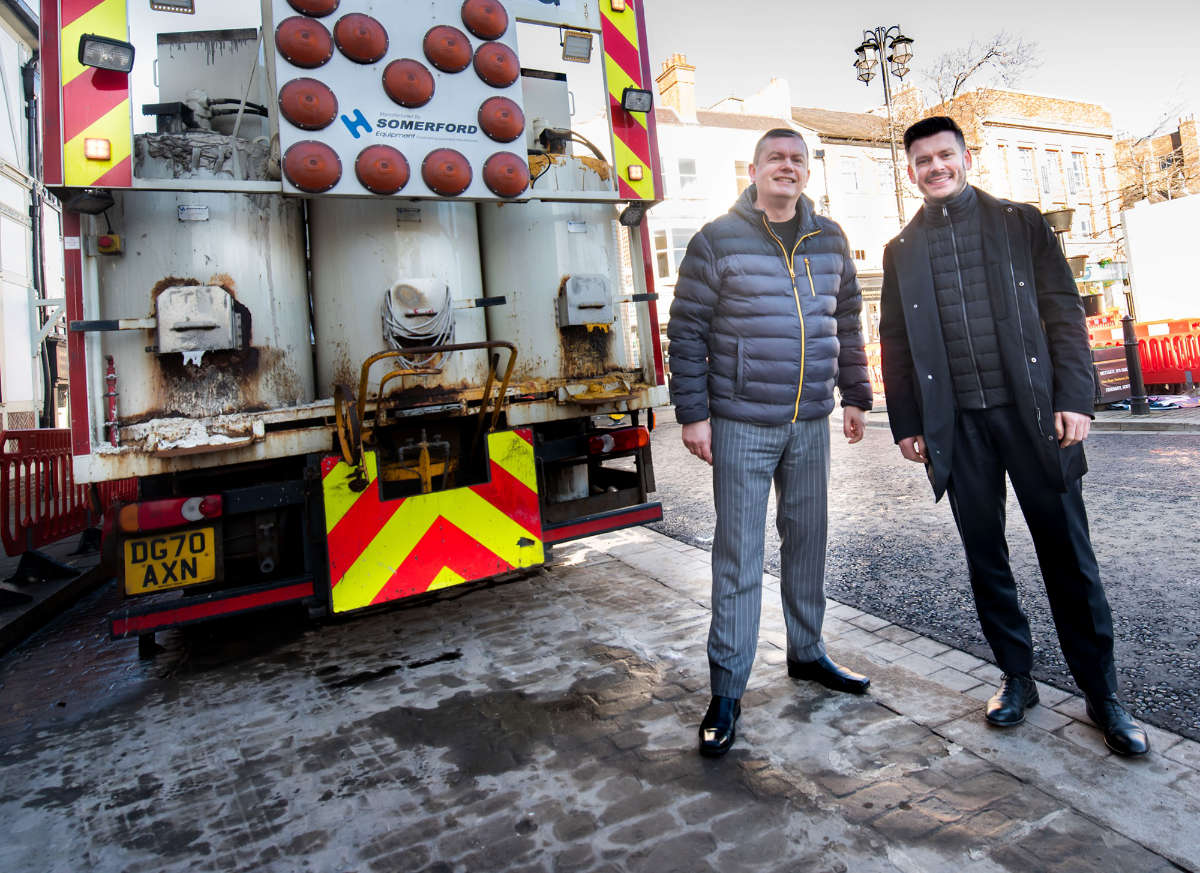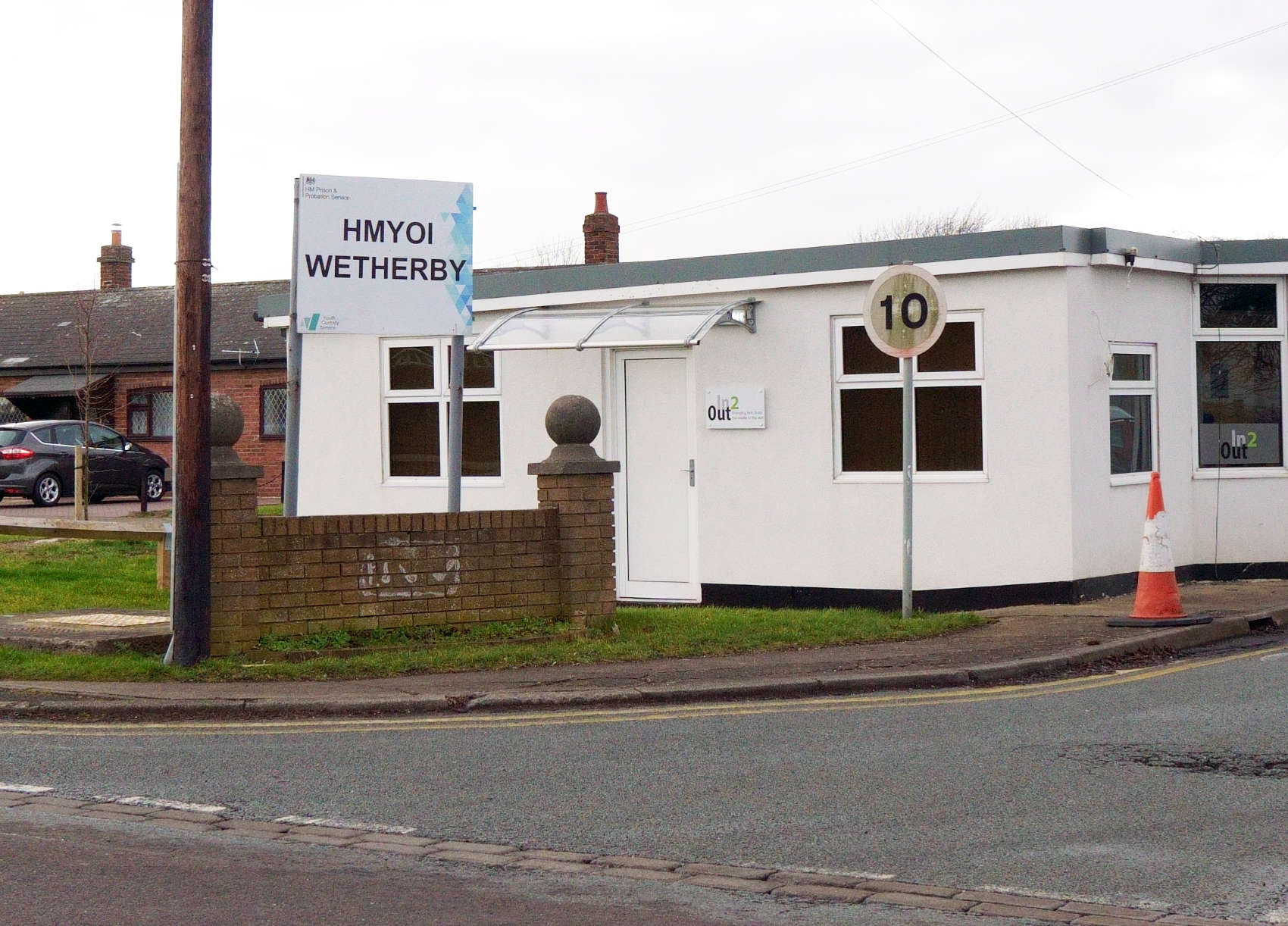Basic Payment Scheme advance payments will reach bank accounts on 1 August to help farmers with summer season cashflow.
Advance payments will be up to 50% of the total BPS payment.
Both the advance and balance payments will reflect progressive reductions applied as we phase out BPS payments to 2027.
Basic Payment Scheme (BPS) advance payments will be issued to famers on 1 August, the Rural Payments Agency (RPA) announced today (25 July).
Advance payments will be up to 50% of the total annual BPS payment and will help farmers impacted by price rises throughout the industry with their summer season cashflow.
Responding to industry feedback, this year the RPA is making the majority of payments on a single day: 1 August 2023. In 2022 – the first year advance payments were made – payments started in July and concluded in August.
Paul Caldwell, Chief Executive of the Rural Payments Agency, said:
We recognise the importance of these payments to the rural community, which is why we listened to the sector and are making the majority of payments on one day to provide certainty to farmers.
This also marks the second year of the permanent change to two payments, with the first instalment brought forward to the summer, and I’m pleased this is having a positive impact on farmers’ cashflow.
In 2022, Defra announced that payments would be made in two instalments each year for the remainder of the agricultural transition period. Around 50% of the overall payment is being made now with the remaining balance expected from December.
The RPA expects the vast majority of farmers to be paid on time, though there will be a small number of farmers whose claims will require additional checks which will take longer to process. The RPA will contact these customers to inform them of next steps while maximising the number of farmers receiving their advance payment by the end of August.
Since 2021, BPS payments have been reducing each year as they are phased out completely by the end of the agricultural transition period in 2027. This is a process known as progressive reductions and was introduced to manage the transition from Direct Payments as smoothly as possible. The proportionate amount of progressive reductions will be applied to both the advance and balance payments.
All farmers should make sure the RPA has their up-to-date bank account details. Once a payment has been made, a remittance notice is sent in the post confirming the amount paid. When the balance payment is made in December, a claim statement will be sent to explain how the 2023 payments have been worked out.
The government has committed to maintaining the £2.4 billion annual farming budget, with funding from BPS payments being redistributed between our environmental land management schemes and our package of grants for innovation, R&D and equipment.
These include:
- 23 new actions in the new Sustainable Farming Incentive 2023, with payments made every three months and a management payment of £20 for the first 50 hectares enrolled in the scheme.
- A £5 million competition combining private investment with grant funding to scale up innovation in farming sectors.
- £31 million for equipment and technology to boost farm productivity, increase environmental sustainability and help slurry management through the Farming Equipment and Technology Fund.
The Sustainable Farming Incentive 2023 will start accepting applications from August, offering an improved, more streamlined process for farmers. The 23 actions on offer cover existing themes including soil health and moorland, as well as new actions on hedgerows, integrated pest management, nutrient management, farmland wildlife, buffer strips, and low input grassland.
Applications for 2024 Countryside Stewardship Mid Tier agreements are open. Countryside Stewardship gives farmers and land managers the opportunity to be paid for environmental work alongside sustainable food production, from restoring wildlife habitats and managing woodlands, to mitigating flood risks. 32,000 Countryside Stewardship agreements are now in place across England – a 94% increase in uptake since 2020 – including nearly 26,000 Mid Tier agreements.






